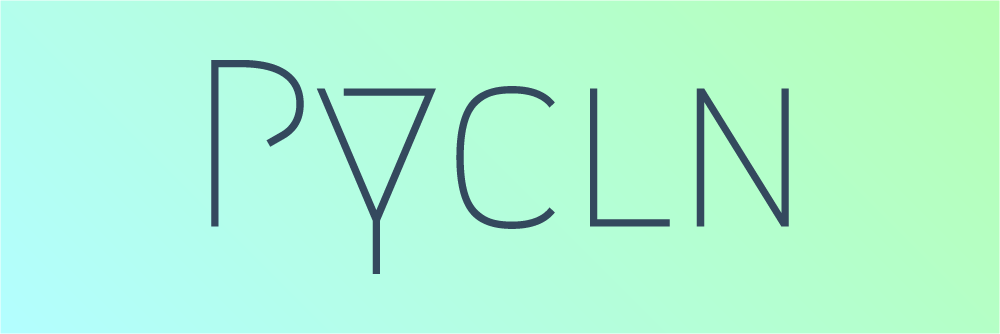pycln2.6.0
Published
A formatter for finding and removing unused import statements.
pip install pycln
Package Downloads
Authors
Project URLs
Requires Python
<4,>=3.9

A formatter for finding and removing unused import statements.
Read the documentation on Github pages!
Installation and usage
Installation
Pycln requires Python 3.9+ and can be easily installed using the most common Python
packaging tools. We recommend installing the latest stable release from PyPI with
pipx
$ pip install pipx
$ pipx install pycln
Usage
By default Pycln will remove any unused import statement, So the simplest usage is to specify the path only:
$ pycln [PATH]
Also, it's possible to run pycln as a package:
$ python3 -m pycln [PATH]
NOTE: you may need to use -a/--all option for more satisfying results. see
-a/--all flag.
Further information can be found in our docs:
Configuration
Pycln is able to read project-specific default values for its command line options
from a configuration file like pyproject.toml or setup.cfg. This is especially
useful for specifying custom CLI arguments/options like path/paths, --include,
--exclude/--extend-exclude, or even --all.
You can find more details in our documentation:
And if you're looking for more general configuration documentation:
Used by
The following notable open-source projects trust and use Pycln:
The following organizations use Pycln:
Are we missing anyone? Let us know.
License
MIT
Contributing
A big welcome for considering contributing to make the project better!
You can get started by reading this:
You can also dive directly into the technicalities:
Change log
The log has become rather long. It moved to its own file.
See CHANGELOG.
Authors
The author list is quite long nowadays, so it lives in its own file.
See AUTHORS
Code of Conduct
Everyone participating in the Pycln project, and in particular in the issue tracker, and pull requests is expected to treat other people with respect.
Give a ⭐️ if this project helped you!















